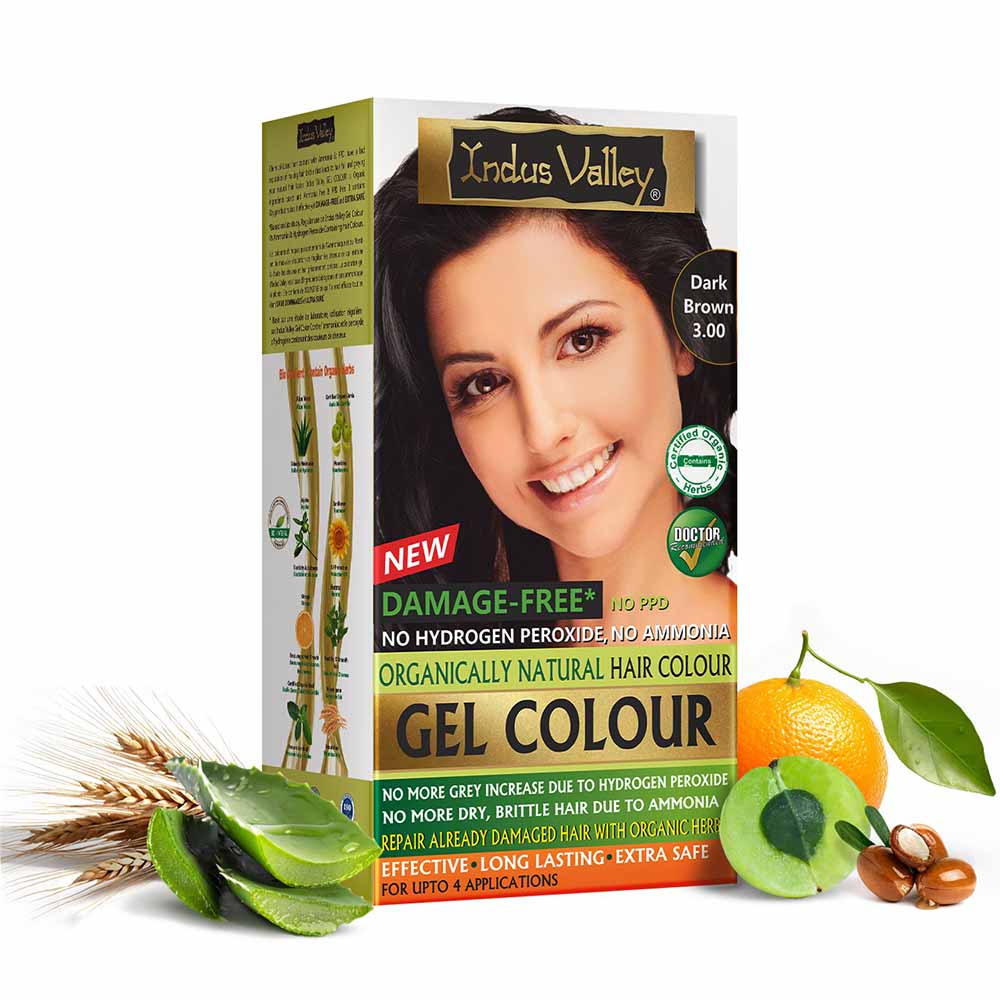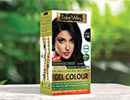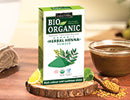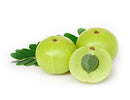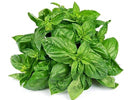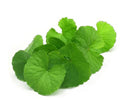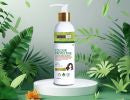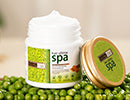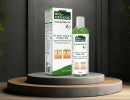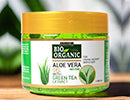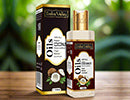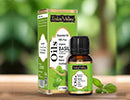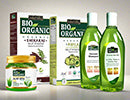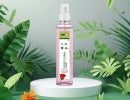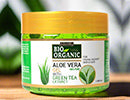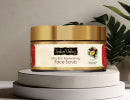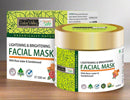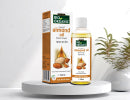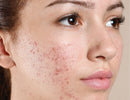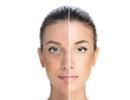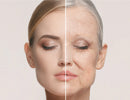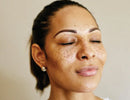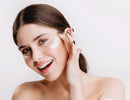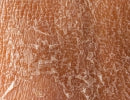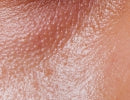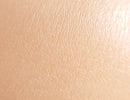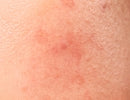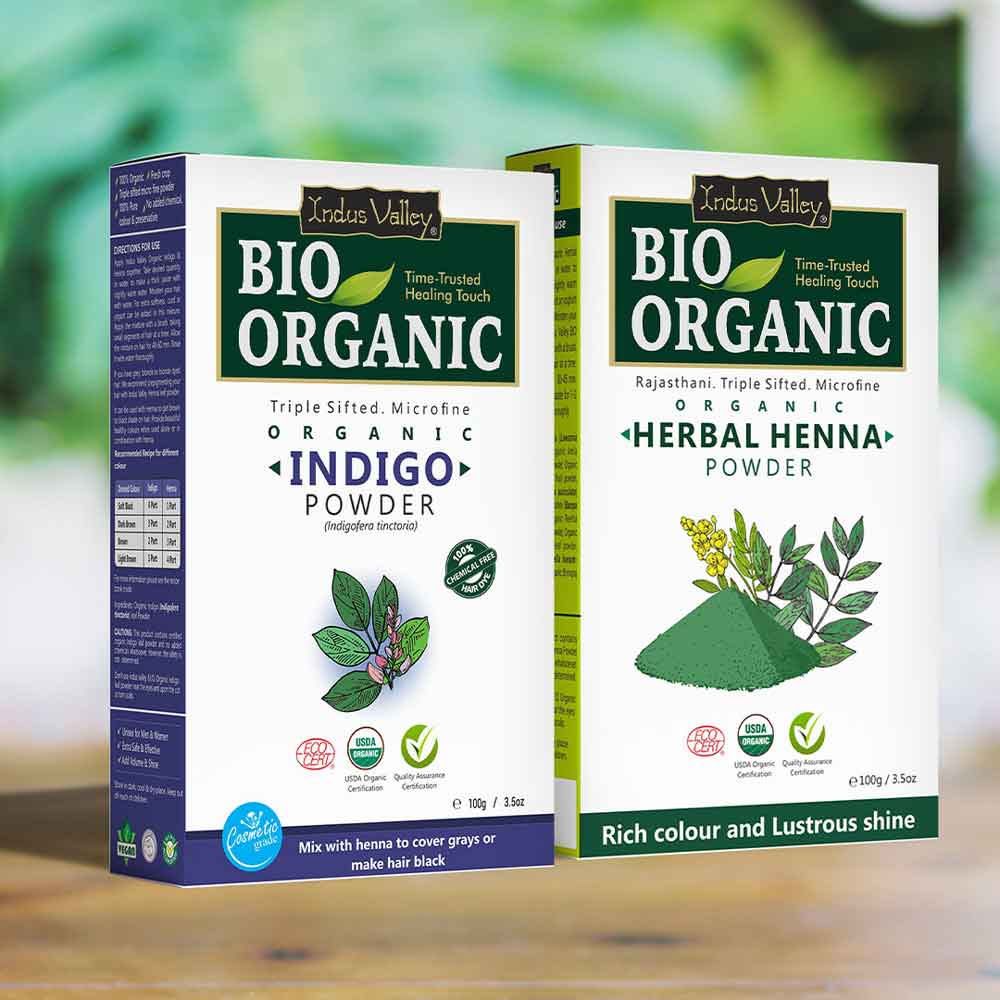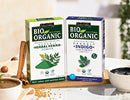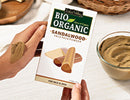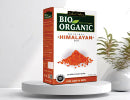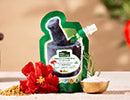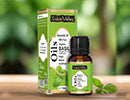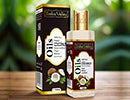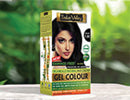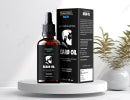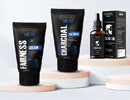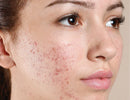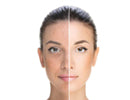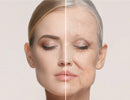Honey, a natural sweetener produced by bees, has been revered not just for its taste but also for its multiple health benefits. In recent years, honey has also gained recognition as a beneficial ingredient in skincare. In this blog, we delve into how honey can be advantageous for the face, particularly in the realm of skin health and pigmentation treatment.
Honey and Its Multifaceted Benefits for the Skin
Honey for Face Benefits:
Honey is rich in antioxidants, natural enzymes, and nutrients, making it a potent ingredient for skin health. When applied to the face, honey can provide numerous benefits:
- Moisturizing and Hydrating: Honey is a natural humectant, meaning it attracts moisture. This property makes it an excellent ingredient for hydrating the skin, leaving it soft and supple.
- Antibacterial and Antiseptic Qualities: The antibacterial properties of honey can assist in reducing acne and keeping the skin clean and clear.
- Soothing and Healing: Due to its anti-inflammatory properties, honey can soothe redness and irritation, making it ideal for sensitive skin types.
Honey in the Treatment of Skin Pigmentation
Addressing Hyperpigmentation and Skin Pigmentation:
Hyperpigmentation on the face, a common skin concern, results from an excess production of melanin. Honey, with its natural lightening properties, can be beneficial in treating skin pigmentation issues.
- Natural Lightening Agent: Honey contains mild bleaching properties that can help fade dark spots and hyperpigmentation, making the skin tone appear more even.
- Improving Skin Texture and Radiance: Regular application of honey can improve skin texture, giving it a radiant and healthy glow.
Honey vs. Commercial Pigmentation Creams
While honey offers natural benefits for skin pigmentation, commercial creams designed specifically for pigmentation issues can provide more targeted treatment.
- Best Pigmentation Cream: These creams often contain active ingredients like hydroquinone, kojic acid, or retinoids, which are known for their skin-lightening effects.
- Cream Pigmentation Removal: Such creams are formulated to target specific pigmentation issues like melasma, age spots, and sunspots.
- Advantages: Commercial creams can provide quicker and more visible results due to their concentrated formulas.
Honey in Daily Skincare Routine
Integrating honey into your daily skincare routine can be done in several ways:
- As a Face Mask: Apply pure honey directly to the face, leave it on for 15-20 minutes, and then rinse off.
- In DIY Recipes: Mix honey with other natural ingredients like lemon juice or yogurt for added benefits.
- As a Cleanser: Honey can be used as a gentle facial cleanser to remove impurities without stripping the skin of its natural oils.
Precautions and Considerations
While honey is generally safe for all skin types, it’s important to consider a few points:
- Patch Test: Always conduct a patch test to ensure you’re not allergic to honey.
- Quality of Honey: Use raw, unprocessed honey for the best skincare benefits, as processed honey may lack certain nutrients.
- Combination with Other Products: Be cautious when combining honey with other skincare products, especially if using medicated creams or gels.
Conclusion
In conclusion, honey is an exceptional natural ingredient that offers a myriad of benefits for the skin, especially when it comes to moisturizing, soothing, and treating pigmentation issues. If you want an easy peasy solution just get Indus Valley Depigmentation Gel, made with cow yogurt and mashobra honey and benefits your skin by reducing hyperpigmentation, dark spots & blemishes to give you a spotless look. While it's an excellent natural alternative, it's important to remember that for more severe skin concerns like pronounced hyperpigmentation, commercially available depigmentation creams might be more effective. These creams are specifically formulated with active ingredients to target and reduce pigmentation more aggressively.
